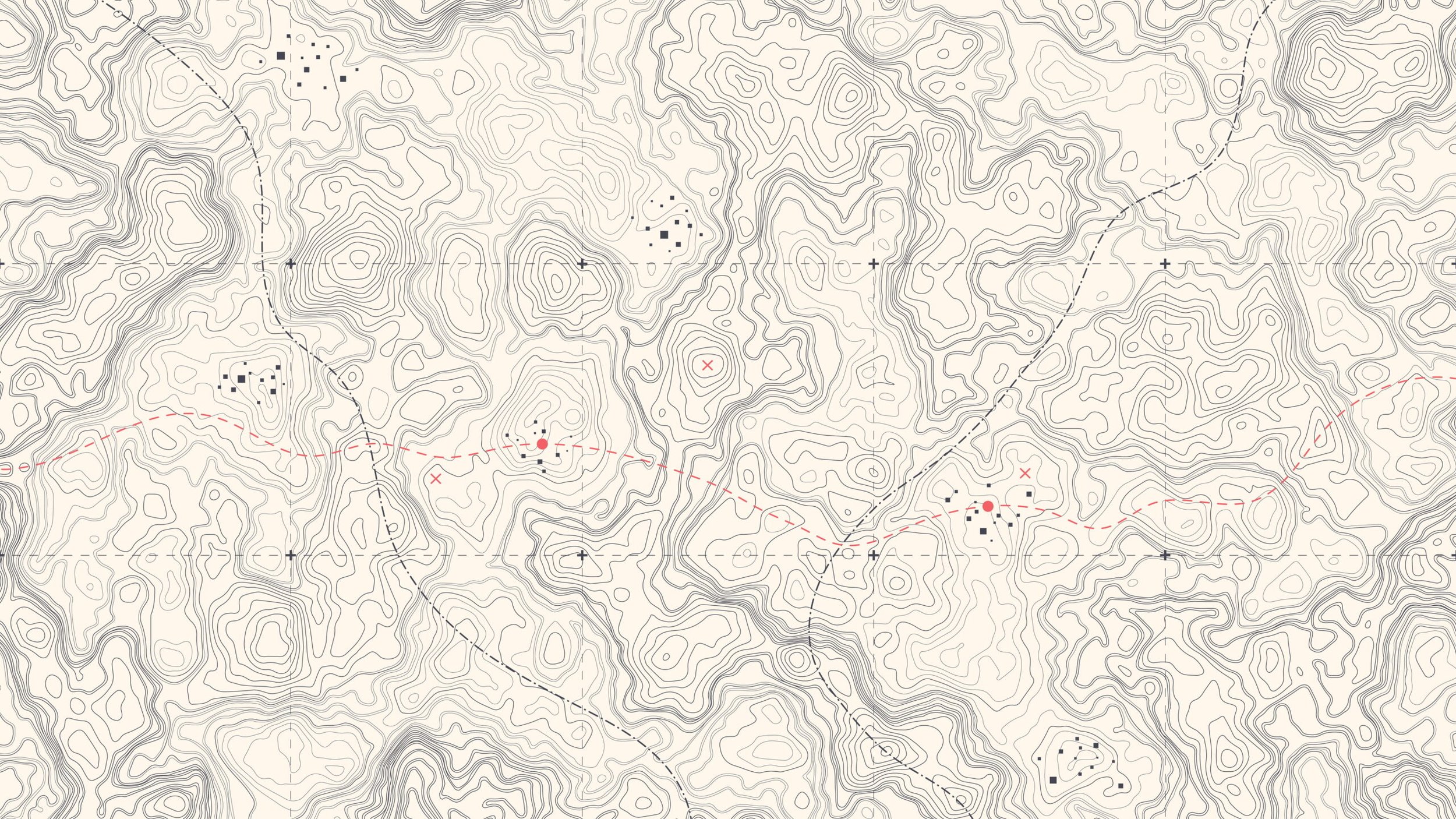
Polymath Fellowship
Logistics & Details
Jump below to: Who Is This For? | Fellowship Details | Academic Calendar
The headlines
Application
The application cycle for the 2025-26 cohort is open now and will close June 30, 2025. You can apply now.
You can only apply once per cycle.
The application asks for basic demographics and your answers to 3 essay questions. You should plan to spend at least 2 hours on the application – most of which will likely be spent on 2 essays – maybe more depending on your ability to succinctly and effectively respond to the essay prompts. You will also be asked to identify a specific problem you want to work on, and to name or describe people who you’d like to serve as your mentors. You will also be asked how you intend to use your $2,000 project grant to advance your work and broaden your audience.
This fellowship is for individuals who already have at least a bachelor’s degree. Selection committees will evaluate your application specifically for curiosity, impact, and fit.
Selection
All finalists will be interviewed virtually, and will be asked to submit references as a condition for interviewing.
Once Selected
The fellowship begins the week of September 2, 2025 and will meet once per week for one hour. The date/time of weekly meetings will be coordinated with the cohort of Polymath Fellows.
Due to the support of generous donors, there is no fee to participate as a Polymath Fellow. Earlier publications about the 2025 fellowship referenced a tuition. This no longer applies.
For more specific questions, please consult our Frequently Asked Questions.
Who is this for?
Designed for early career professionals to develop their ability to operate across traditional silos and functions. Polymath Fellows likely work in roles that require them to think about systems and cause & effect for their team or organization, and are required to be skilled at project management and interpersonal communication.
When you’ve completed the fellowship, you will have significantly enhanced your ability to identify systems and design solutions that make those systems work better. You will be able to think critically, to solve complex problems, and understand how technology can be leveraged to generate positive impact for people without being the sole focus. Read more about the specific modules and learning outcomes of the fellowship curriculum.
The kinds of roles that Polymath Fellows will currently hold or aspire to serve in include Chief of Staff, Program Manager, Founder, or others – roles that position them to see across organizations and to think strategically about how people and projects drive outcomes. By the end of the fellowship, fellows will be more effective at creative and systems thinking, and will be better able to solve complex problems.
Fellowship details
Applicants will apply with a proposal for a “wicked problem”, a complex challenge for which a polymath approach is best suited (Read the science behind the value of polymaths). Polymath University will match each fellow with industry leaders serving as experts relevant to their challenge. For example, if a fellow wanted to work on removing contaminants from drinking water in Flint, Michigan, they may be matched with experts in chemistry, history, and public policy. Meet our mentors!
Fellows will then attend weekly meetings between Labor Day and Memorial Day – 38 total weeks – that are designed to develop fellows as polymaths. Where being a polymath is about breadth, depth, and integration across disciplines, these modules will focus specifically on the skill of integration, a skill that can be applied in a wide range of contexts. Learn more about the curriculum.
Finally, Polymath Fellows will deliver their Impact Project, our version of a capstone project. Each project will be unique to the fellow. For some, it will be project presented to a senior leader within their organization, focused on a challenge that organization is working on. For others, it will be a project for an organization you don’t work for but for a cause that the fellow is passionate about. For others still, their impact project will be a moment of pivot, a launchpad to take your career in a direction toward more impact on a human-scale problem that keeps you awake at night.
Polymath Fellows will have developed the integration skill of being a polymath, and will benefit from an increased capacity for professional creativity and complex problem solving. Also benefit from the collaborative relationships among a cohort of polymathic oriented leaders and problem solvers across the country. Find some of the science behind the connection between these skills and increased performance.
“We have built a rigorous development program that empowers emerging leaders to make an impact on human-scale challenges.”

Academic Calendar
Polymath Fellows will meet weekly for one hour, and will have assignments in between sessions. The fellowship begins the week of September 2, 2025 and culminates the week of May 18, 2026. Learn more about the curriculum. The exact date/time of weekly sessions will be determined in partnership with the cohort of 15 Polymath Fellows.
Tuition
There is no tuition associated with the Polymath Fellowship.
Fellows will receive a $2,000 project grant during their fellowship to advance their work on their wicked problem and to broaden their audience.
There is no cost to apply.





